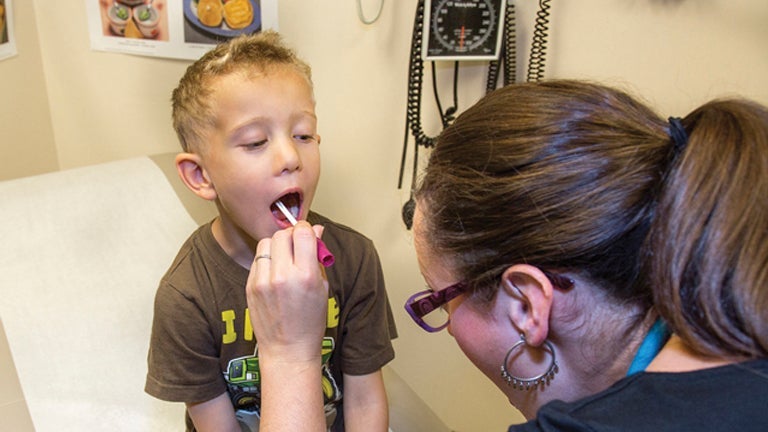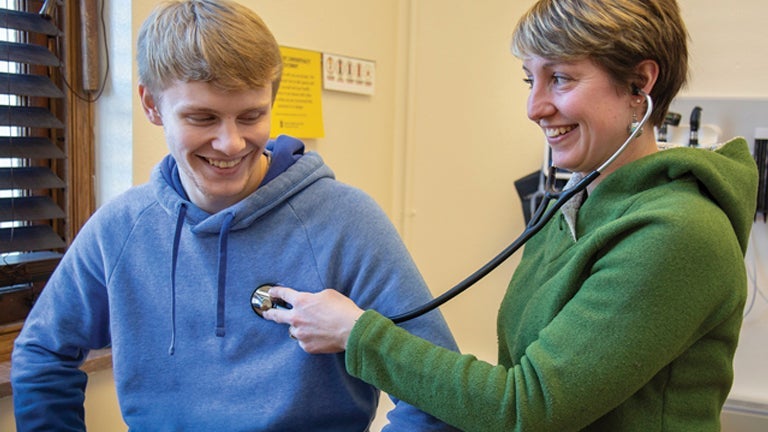Sexual Health
Sexual Health
Your sexual health encompasses more than just your libido or how you feel about your body, although both are important components. Sexual health is about making good decisions that affect your overall health. Sexual health encompasses many things, physically and mentally, including protecting yourself from sexually-transmitted diseases or unplanned pregnancy and talking with your health care practitioner about your concerns.
Get Regular Gynecologic Exams
Choose a health care practitioner with whom you feel comfortable talking about your sexual concerns. Your practitioner is here for you so don't be embarrassed. You are encouraged to speak openly and honestly about your sexual health and concerns. You owe it to yourself to make sure you are an active partner in your care. Let your practitioner know if you are experiencing any unusual symptoms, pain during intercourse, or other concerns. By addressing concerns and potential issues early on, we are able to start treatment sooner if necessary.
Pap test guidelines:
- Testing should start at age 21
- Women ages 21 - 29 should have a Pap test every 3 years
- Women ages 30 - 65 should have a Pap test and an HPV test every 5 years (preferred), but it is acceptable to have a Pap test alone every 3 years
- Women may be eligible to stop having Pap tests after age 65 depending on their medical history. You can discuss this with your practitioner
Practice Safe Sex
There are many products on the market that can help reduce the chances of an unplanned pregnancy, such as latex and non-latex condoms, numerous birth control pills, the diaphragm, intrauterine devices (IUD), rhythm method, abstinence, and others.
For protection against sexually-transmitted diseases (STDs), condoms, when used consistently and correctly, offer the best protection against many diseases. Because not all STDs are transmitted through vaginal intercourse, condoms do not provide absolute protection against all STDs.
Not all STDs produce noticeable symptoms. Therefore, regular screening is important, especially if a woman has had more than one partner. If you suspect you have been exposed to a STD, seek prompt care. Certain STDs can be serious, even life-threatening. With prompt medical attention, most can be treated effectively.
Don't Ignore Sexual Difficulties
Lack of sexual desire, orgasmic difficulties, painful intercourse, and other problems can hamper pleasure and a satisfying sex life. The underlying cause may be psychological in nature, such as stress, past sexual abuse or unresolved conflict with your partner, or physical, such as fatigue, changes in hormone levels, illness, or the side effects of medication. An evaluation by your health care practitioner can help identify the problem and the appropriate treatment.












